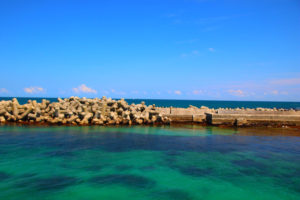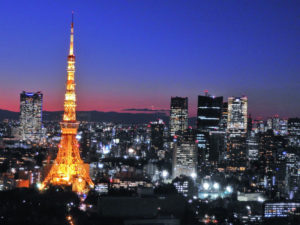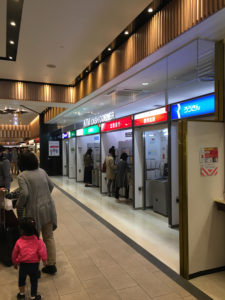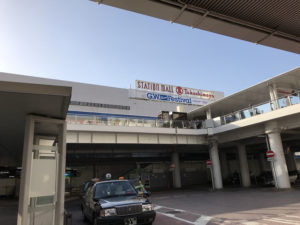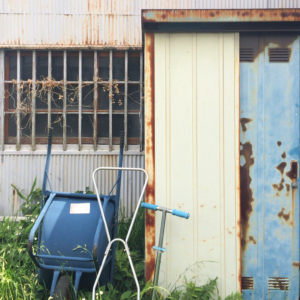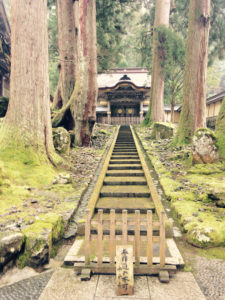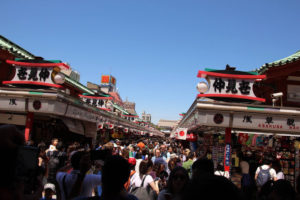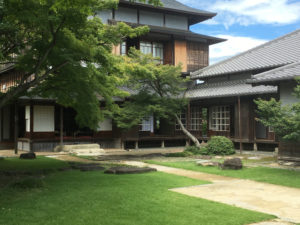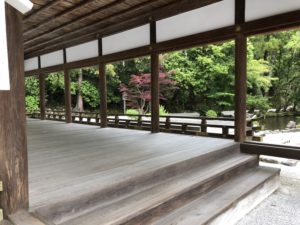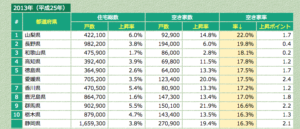(Boso peninsula)
* Foreigners can buy a property in Japan without having special qualification.
Explore the charming houses by the lovable ocean and beach
New listings in Boso peninsula, Chiba prefecture!
If you live in Tokyo and want to buy a second house near the ocean and beach, I always recommend Boso peninsula (Kamogawa city, Katsuura city, Minamiboso city, Tateyama city etc). The location is excellent and it takes only 1.5 hours from central Tokyo by car.
You can drive on a highway all through to Kamogawa city from Tokyo and there is no traffic. If you don’t want to drive and rather want to indulge in drinking a beer on the way, there is very comfortable express bus service from Tokyo station. The seafoods and vegetables are nice and fresh (In fact, Chiba prefecture is a major supplier of seafood and vegetables to Tokyo Metropolitan kitchens so nice foods you are eating in Tokyo are often produce of Chiba). Izu peninsula area in Shizuoka prefecture is also very famous for nice beaches and onsen (hot springs) but Izu’s location is not perfect. It takes about 3.5 hours by car to Izu Shirahama beach from Tokyo. In the modern busy life, proximity matters.
In Boso peninsula, they have great surf in the pacific ocean and the quality of sea water is superb. (Believe me you can’t imagine how good the quality of water is in Kamogawa city which is merely 1.5 hours away from Tokyo). In 2020, Tokyo Olympics surfing competition will be held in Katsuura city. According to one of my surfer friends, Boso peninsula is the best surfing spot in Japan.
Today I picked up two interesting properties in Boso Peninsula, Chiba prefecture.


